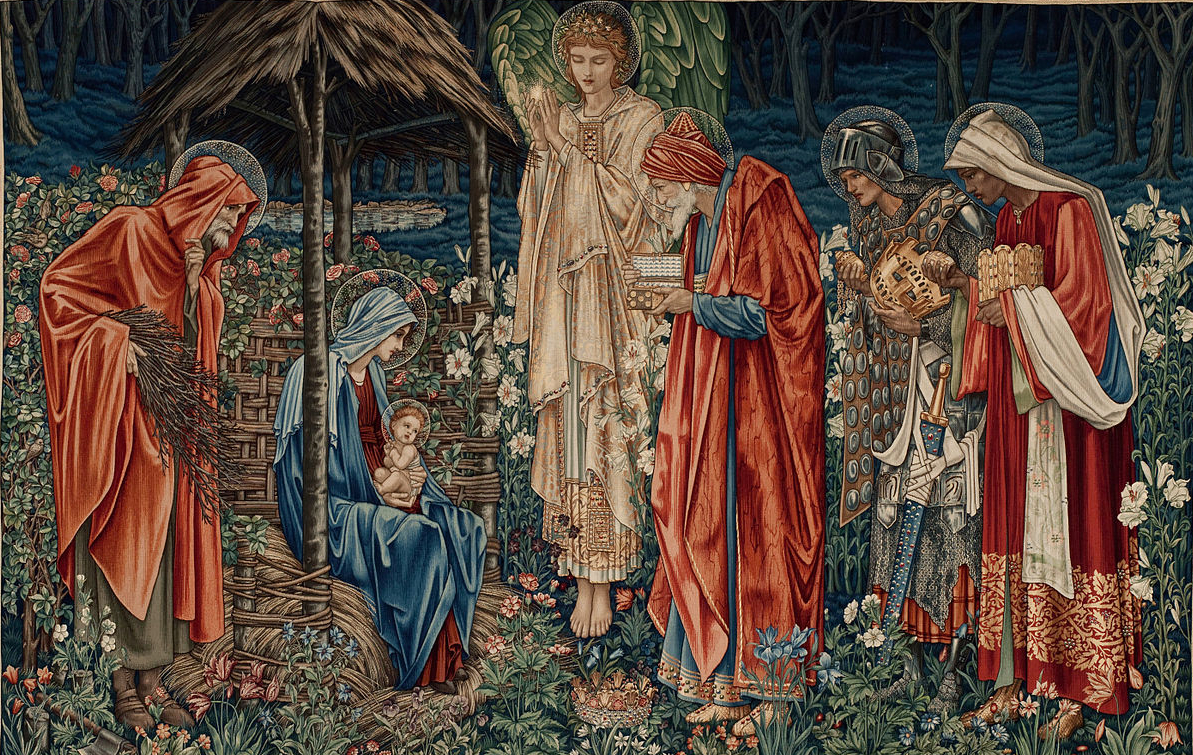Feasts
Musing a moment: When the Magi got Herod “All shook up”
Pondering the upcoming feast of the Epiphany, I found myself wondering about the message of the Magi, and imagining those last moments before King Herod signed a death warrant for countless Jewish infants stripped from their mother’s arms and put to the sword. It turned into one of those little Read more…

